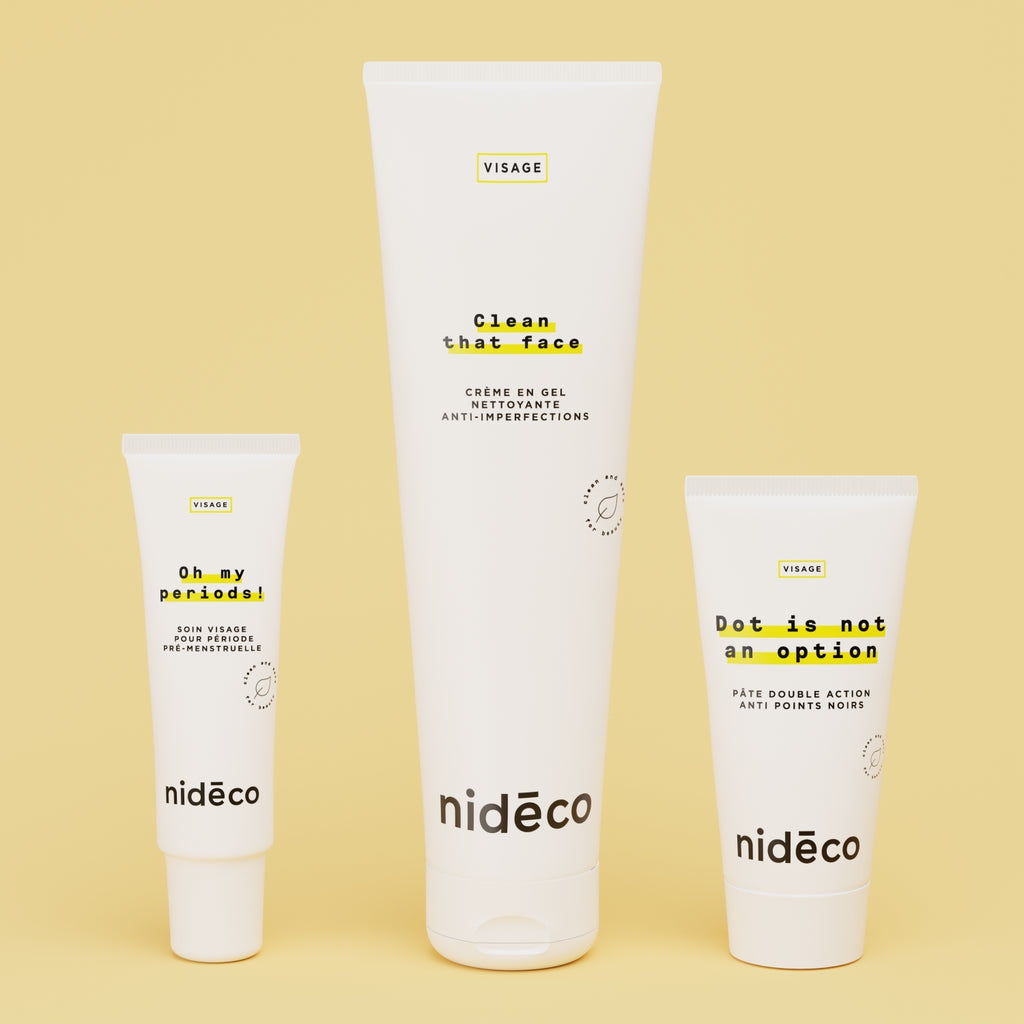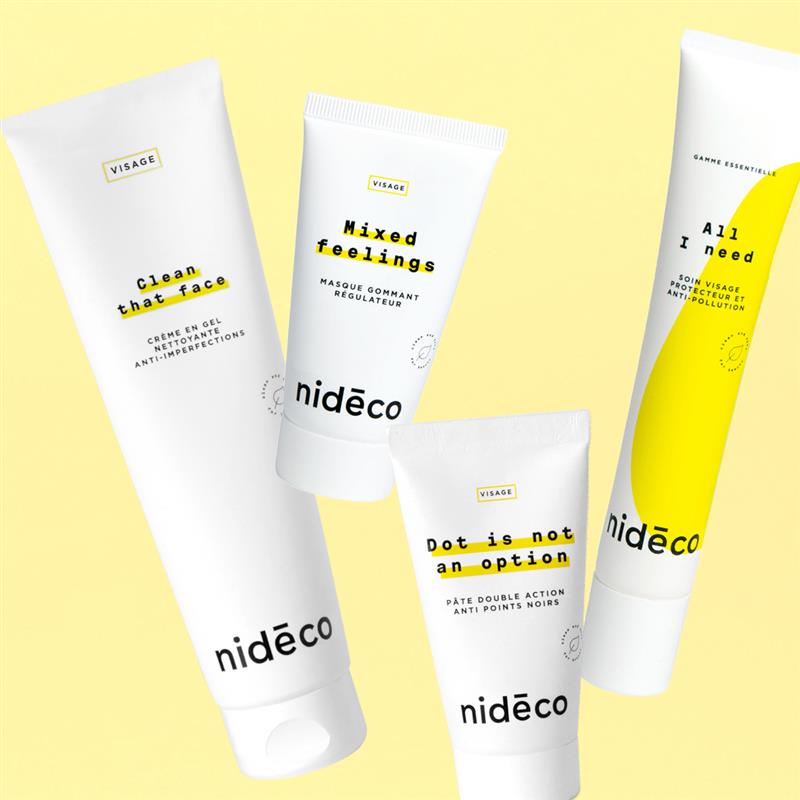Vulvar mucosal irritation: explanations and solutions

L'vulvar mucosa irritation andintimate irritation in general are common problems affecting many women, but are often misunderstood. The condition is characterized by inflammation or discomfort in the vulva, the outer part of the female genitalia 😵💫. While it may seem benign at first, persistent irritation can lead to more serious complications if not properly treated. In this article, we'll explore in detail what vulvar mucosal vulvar mucosal irritationits causes and symptoms, as well as the solutions available to relieve it, such as south beauty intimate care.
What is vulvar mucosal irritation?
The vulval mucosa is a delicate area of particularly sensitive tissue. When irritation develops, it can cause burning, itching, redness and even pain, making daily activities such as walking or sitting uncomfortable. It's important to note that the vulva is an area exposed to different types of external stimuli, such as clothing, hygiene products, physical activities and sexual intercourse, which can make this part of the body prone to irritation.
🧐 Due to the heightened sensitivity of this area, any irritation of the vulvar mucosa must be taken seriously. Proper management and attention to these symptoms can prevent the situation from worsening, while maintaining optimum comfort in daily life.
See also: everything you need to know about vulvar irritation.
Common causes of this problem
Irritation of the vulval mucosa can be caused by a multitude of factors, from simple allergies to more serious infections. Understanding the exact cause is essential in determining the appropriate treatment.
The allergies are a frequent cause of irritation. Many intimate hygiene products, such as perfumed soaps, detergents, tampons or vaginal deodorants, contain chemical ingredients that can provoke an allergic reaction. The fine, sensitive skin of the vulva often reacts more strongly to products that are not specifically designed for sensitive areas.
The vaginal infectionssuch as mycosis (caused by an imbalance of yeasts in the vaginal flora) or bacterial vaginosis, are also common causes ofirritation of the vulvar mucosa. These infections are usually accompanied by other symptoms, such as unusual vaginal discharge, odor or pain during intercourse.
🤨 Chemical chemical irritants are another source of problems. The use of conventional shower gels, unsuitable detergents or scented tampons can aggravate irritation, as these products upset the skin's natural balance. We recommend choosing fragrance-free and hypoallergenic products to avoid these problems.
The friction is also a factor that often contributes to vulvar irritation. Wearing tight or synthetic clothing can cause repeated friction, leading to long-term irritation. Intense physical activity, such as cycling or running, can amplify friction and exacerbate irritation.
Finally, hormonal hormonal changes play a crucial role in the health of the vulval mucosa. During periods such as pregnancy, menopause or even the menstrual cycle, hormonal fluctuations can make the vulval mucosa more sensitive and vulnerable to irritation.
What are the symptoms of vulvar mucosal irritation?
Symptoms ofirritation of the vulvar mucosa are multiple and vary in intensity. The first symptom most women notice is an itching often accompanied by redness on the vulva. This itching may be mild at first, but tends to worsen if the irritation is not treated promptly.
Another common manifestation is a burning sensation 🥵especially during or after urination. This sensation can be particularly uncomfortable and annoying on a daily basis. Some women also experience pain or discomfort during intercourse, which can affect their quality of intimate life.
It is not unusual for the affected area to show slight swellingdue to tissue inflammation. In some cases, irritation is accompanied by dryness particularly in women undergoing menopause. This dryness aggravates symptoms by making the skin more vulnerable to friction and irritation.
What treatments are available?
To effectively treat irritation of the vulvar mucosaTo effectively treat vulvar mucosal irritation, it's essential to consult a healthcare professional who can determine the exact cause and prescribe the appropriate treatment. If the irritation is caused by an infection, antifungal antifungal creams or antibiotics may be required to treat the underlying infection. These creams are usually applied topically and quickly relieve symptoms.
✅ In some cases, doctors also prescribe oral oral medications to treat more serious infections, such as bacterial infections or fungal infections resistant to topical treatments.
For irritations caused by vulvar dryness or friction, specific specific moisturizers for the intimate area can help restore the skin's natural moisture and soothe irritation.
Natural remedies to relieve irritation of the vulvar mucosa
In addition to medical treatments, there are several natural remedies that can help soothe the symptoms ofvulvar mucosa irritation. One of the simplest solutions is to apply cold compresses on the affected area. The cold helps reduce inflammation and relieve pain.
The sitz baths are also effective in relieving symptoms. A sitz bath with lukewarm water and a few drops ofchamomile essential oil ortea tree can soothe irritation and promote healing.
🥰 The natural product South Beauty, renowned for its soothing properties, can also be used to relieve itching and burning sensations. It contains natural ingredients that respect the sensitive skin of the vulva and vagina and help restore its natural balance, perfect for your intimate cleansing.
Prevention:
Prevention is the best way to avoid recurring episodes ofirritation of the vulvar mucosa. It's essential to choose underwear as this material allows the skin to breathe, thus avoiding chafing and irritation. In addition, it's best to avoid clothing that's too tight or made from synthetic materials, which encourage the accumulation of moisture and heat, creating an environment conducive to irritation.
A intimate hygiene is also crucial. It's important to use gentle, fragrance-free hygiene products specially designed for intimate use. Perfumed, aggressive soaps should be avoided, as they can upset the natural pH balance of the vulva, increasing the risk of irritation.
Finally, it is recommended to be careful with feminine hygiene productssuch as scented tampons or sanitary towels, which may contain irritating substances ❌. Favors hypoallergenic and unscented products to minimize risks.
Conclusion
L'irritation of the vulvar mucosa is a common problem that can affect many women at different times in their lives. Whether caused by allergies, infections or chemical irritants, it's important to treat it promptly to avoid more serious complications. By following the right advice and adopting appropriate preventive measures, it is possible to relieve discomfort and maintain good intimate health.




























